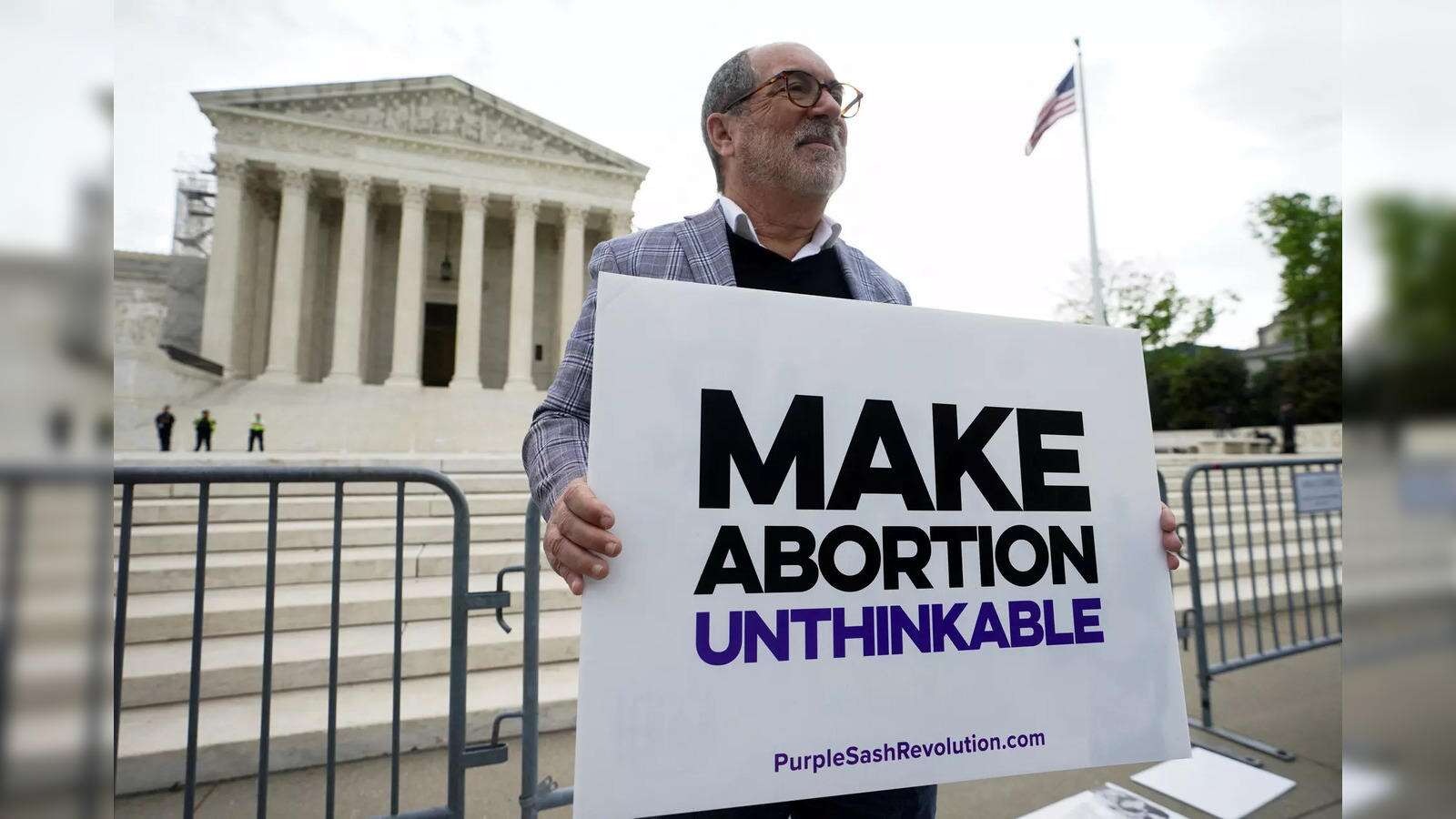Governor Ron DeSantis’s strategic move to sign the six-week abortion ban in Florida was initially perceived as a tactic to bolster his presidential campaign, catering to conservative Republican primary voters. However, the decision faced opposition from a majority of Floridians, prompting questions about its political ramifications in the state.
The implementation of the abortion ban coincided with DeSantis’s aspirations for higher office, aiming to appeal to conservative voters beyond Florida.

Yet, as public opinion polls revealed widespread opposition to the strict law within the state, DeSantis opted for a low-key bill signing, reflecting a shift in his approach despite concerns about its electoral impact.
With the introduction of Amendment 4, a proposed constitutional amendment allowing abortions before viability (around 24 weeks), Florida’s abortion policies have become a focal point in the state’s political landscape. The high threshold for passing the amendment and organized opposition campaigns against it underscore the contentious nature of the issue.
DeSantis’s pivot away from culture war battles during the recent legislative session suggests a recalibration of his strategy to align more closely with Florida’s diverse electorate. However, his past emphasis on divisive policies, including the six-week abortion ban, has prompted speculation about its influence on voter sentiment.

Democrats see the abortion ballot measure as an opportunity to mobilize voters and potentially shift the political landscape in Florida. President Biden and Vice President Harris have weighed in on the issue, indicating its importance in the upcoming elections.
Despite DeSantis’s dismissive response to Democratic efforts, the debate over abortion rights continues to shape the state’s political dynamics. The outcome of Amendment 4 and ongoing advocacy efforts by both sides will undoubtedly impact the electoral landscape in Florida and beyond.


